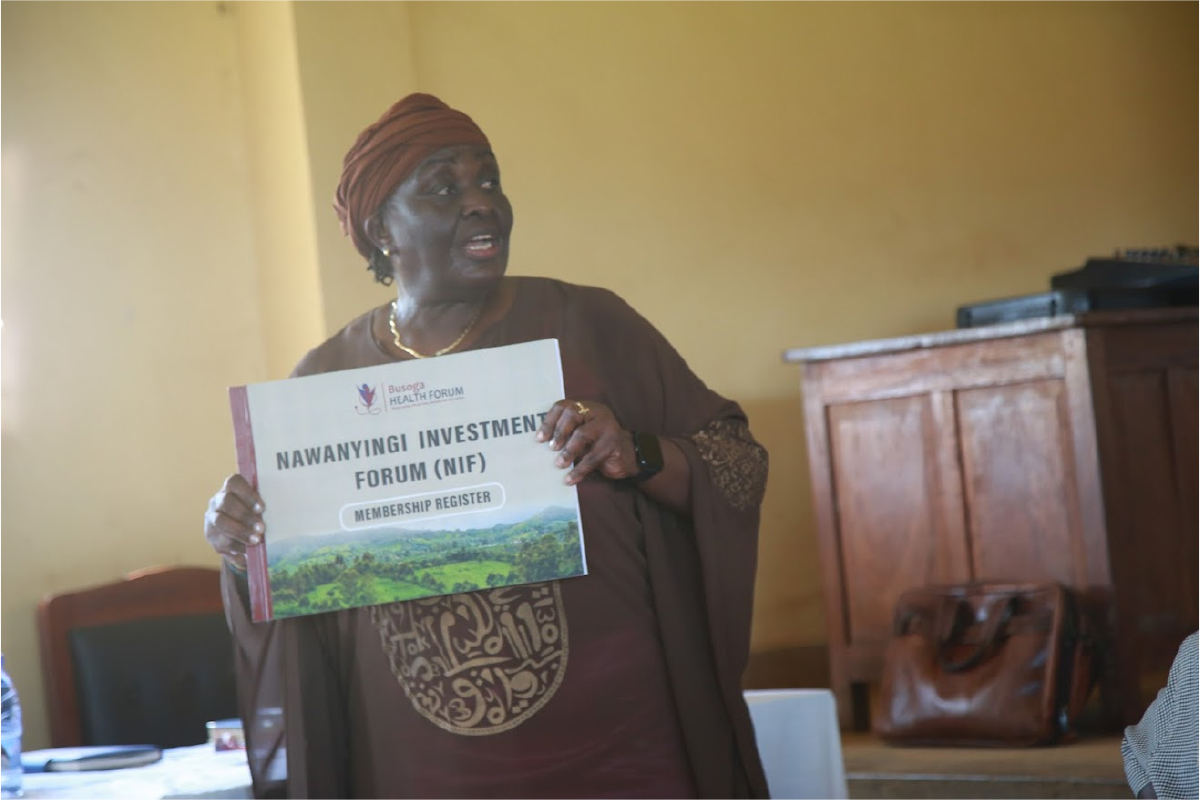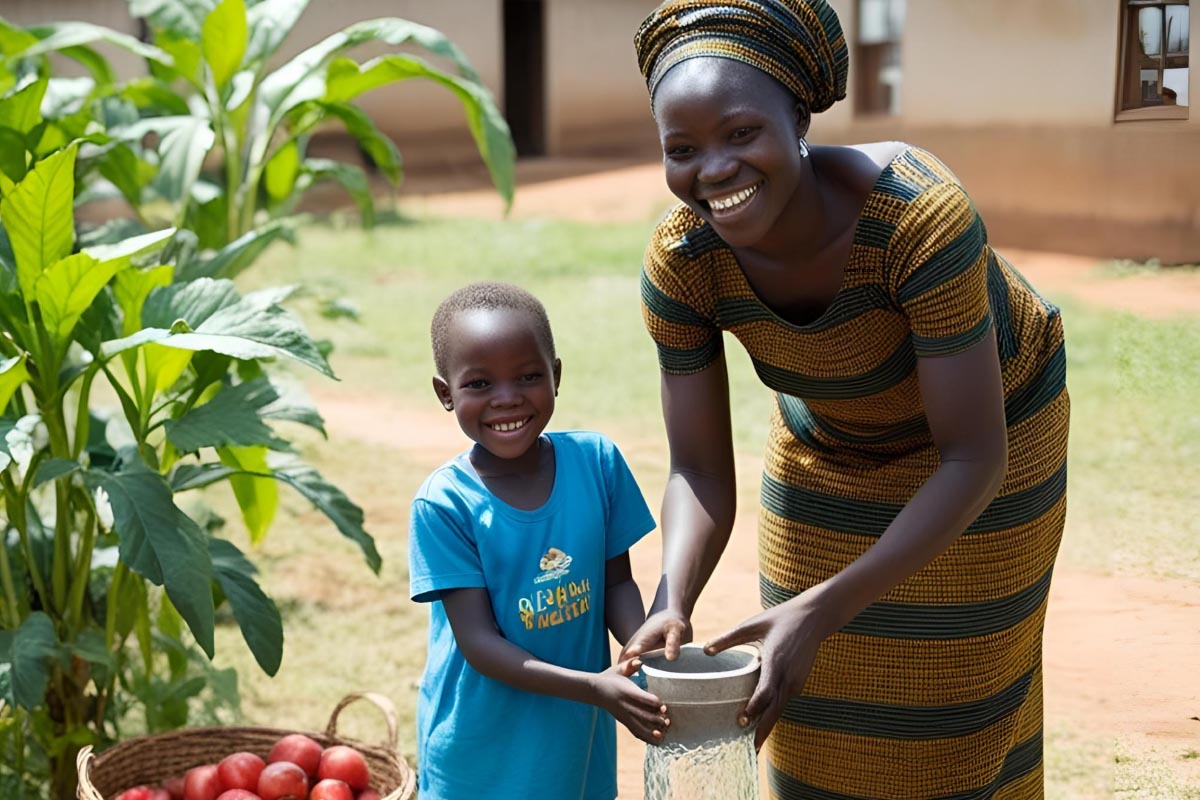Published By BHF | October 25, 2021

By Dorothy Akongo
In Uganda, over 70 per 300 women suffer from postpartum depression and most of these mothers do not seek psychological help due to lack of confidence and fear of discrimination.
It is also sad to note that the government and the Ministry of Health have put minimal efforts in tackling postpartum depression.
Most women who attend formal health care also go unnoticed due to inadequate screening tools or inadequate health care providers.
Postpartum depression (PPD) is a mental health disorder with major depression episode as a result of child birth and can last up to one year after child birth.
Globally, postpartum depression affects approximately 900,000 women annually with only 6% seeking psychological help.
World Mental Health day commemorated on the 10th of October 2021 and the World Federation for Mental Health declared “Mental Health in an Unequal World” as this year’s theme.
‘Mental Health in an Unequal World’ highlights the inequalities in the world more so on the women. So many women fear to express their psychological discomfort for fear of societal judgment and name shaming.
While mental health has become a public health concern, child bearing is attributed to the increased risks of mental health challenges.
Child bearing comes with a lot of physical and emotional demands on the mothers. This dysfunction together with depression has a higher chance of interfering with the normal functioning of the mother and interaction with the infant.
Therefore, women need more physical, financial and emotional support to overcome these challenges.
While some women are privileged to have partners, family and friends’ support, others don’t have anyone to rely on and covid-19 pandemic has worsened the situation.
Quite a number of women lost their jobs and businesses with less or nothing to support them and their families. Women who become pregnant with less or no support stand high chances of developing postpartum depression.
Postpartum depression is more prevalent in low- and middle-income countries with prevalence ranging from 6% up to 60%.
Postpartum depression has been associated with; poor social support from partner, early gestational age and unemployment, intimate partner violence, unplanned pregnancy and history of maternal physical and/or mental illness and hormonal factors.
Baby factors such as low birth weight and lower engagement in positive behaviors are also responsible for postpartum depression.
This usually happens during play and feeding time and affects the woman’s functional status, relationship with her child and partner as well as the ability to care for her infant.
Studies have indicated that motherhood increases depression and depressed parents increase vulnerability of their infants.
Poor cognitive development, low self-esteem and aggressive behaviors, impaired social competence and lower problem-solving skills, poorer school performance and high rates of psychiatric disorders are some of the effects of postpartum depression on children.
However, it is important to note that postpartum depression is treatable and the treatment depends on the severity.
Mild to moderate may improve with having enough rest and connecting with other mothers. Whereas with severe postpartum depression; psychosocial therapy, social support and antidepressant treatment is given. Antidepressant treatment has been successful and proven effective in managing postpartum depression
Consistent checking on and supporting of one’s pregnant and postpartum friends, sisters, and mothers is instrumental in saving save them from this ticking bomb.
Health workers should sensitize mothers and the community on the risk factors associated with postpartum Depression.
The availability of support at facility and community level are paramount towards preventing stigmatization. Sensitization can also encourage health care seeking among the affected mothers hence improving the maternal and child health outcomes in Uganda.




